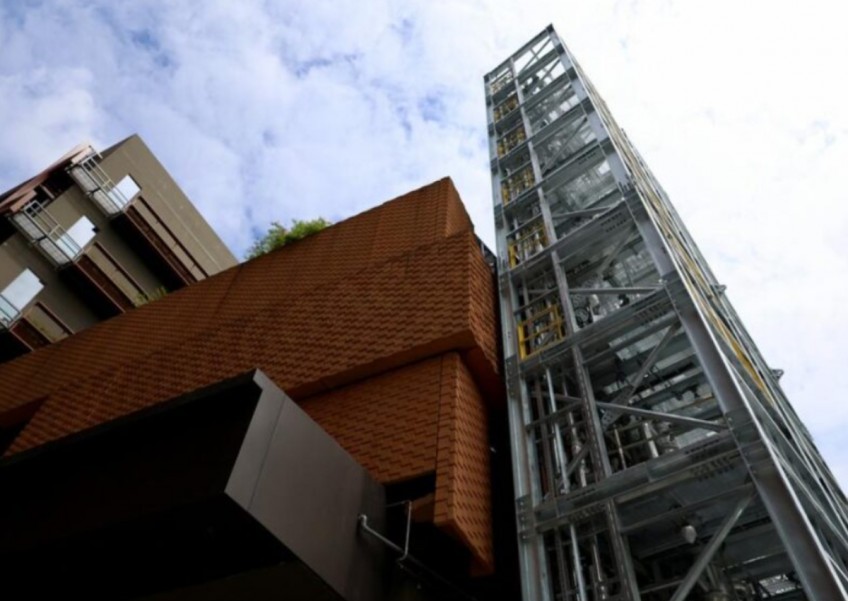Is the future of green tech right at our doorstep?

The newly launched Sulzer InTecH facility in Singapore is the chemical processing giant's second chem tech facility and first outside its native Switzerland. It's also more advanced than the Swiss facility itself (partly because of the tower).
I know the opening of a new R&D and pilot testing lab isn't the most exciting thing ever — and what does this have to do with regular consumer tech?
Well, the fact is that the consumerist nature of tech gadgets and the accompanying lifestyle is not exactly sustainable.
Shortages of rare earth metals and the potential for lithium demand to outstrip supply are just some indications of the potential inconveniences that await us if we do not take a step back to examine our current consumption and production patterns.
The growth of electric vehicles (EVs) and energy storage systems (ESS) especially means that demand will grow at alarming rates. Between 2017 and 2025, EVs will increase lithium demand by more than threefold, from 214 kt (kilotonnes) to 669 kt, whereas cobalt demand will increase by 60per cent from 136 kt to 222 kt.
With the world now accepting the experiential stick of global warming when it comes to environmental responsibility, the financial carrots are starting to look sweeter. The green economy is set to grow 5per cent this year and is projected to hit US$5 trillion for Asia by 2030.
Sulzer's new InTecH facility specialises in advanced chemical separation techniques, which, for example, enable efficient reclamation of pure styrene from polystyrene (and other polymers) and lithium from EV batteries and efficient production of bio-based products like fuels and plastics (like Polylactic Acid plastics for 3D printing).
Chemical separation sounds like a conversation topic with as much appeal as filing taxes (PSA, it's almost time), but just like taxes, it's unavoidable.
You kind of have to sieve through a big mess to single out important stuff — that's pretty much what recycling (and finding new fuels and groundbreaking materials) is like, and Sulzer's InTecH facility is like a forensic accountant who will find out that you overpaid upgrading your business class plane tickets.
Aside from being an actual research facility working on developing new techniques, the new facility enables Sulzer to provide end-to-end solutions. Companies can commission Sulzer to R&D products and services like those mentioned above without building a facility or finding the expertise to lead these projects in-house.
Also, you would have to install a nine-storey distillation tower somewhere on company grounds. We're not trying to shame the short tower community here, but sometimes longer taller is better as you need the length height for complicated separation processes where fine margins matter. And Sulzer InTecH Singapore has the longest tallest distillation tower in the world for a pilot-scale facility.

You can even commission them to design a process, physically test it (hence pilot testing), and then build the actual production plant according to your production scale. TL;DR: Unless you can serendipitously put together a team Ocean's Eleven style, it will be significantly cheaper to farm the job to these guys.
This is exciting because the region now has access to Sulzer's expertise and solutions, which should drive the growth of green industries in the region. For the bigwigs of this country, it's a good addition to the manufacturing fold-it will position Singapore well in its bid to be a regional powerhouse for green manufacturing and sustainability solutions.
I think it's safe to say we can look forward to more exciting developments in the science field that will soon be relevant to the tech world.
ALSO READ: Tech talk: Singapore's surprising esports trends revealed
This article was first published in Potions.sg.